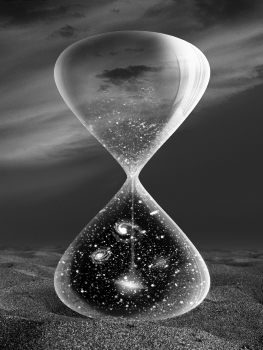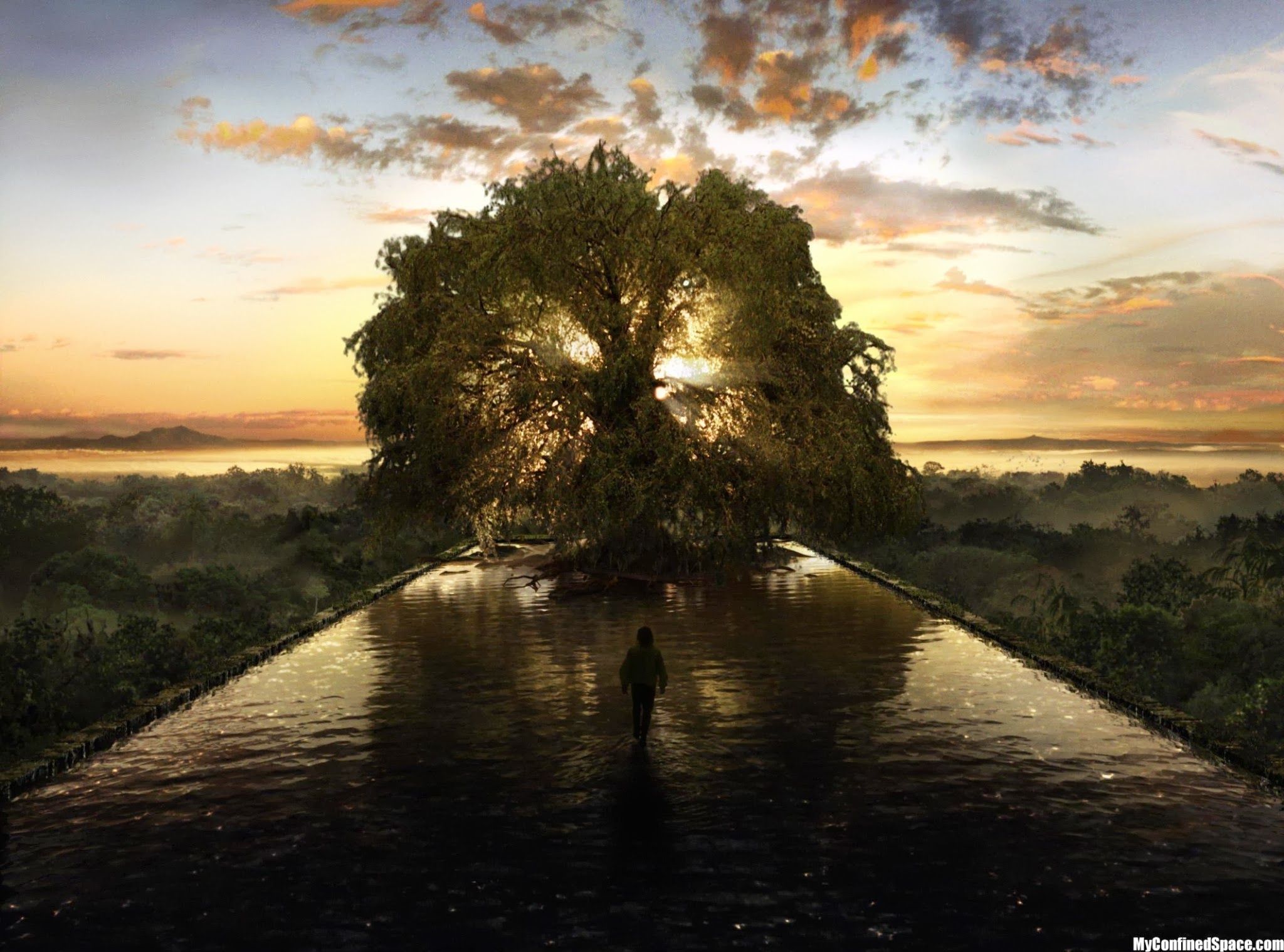As negation in meditation deepens with effortless diligence, one comes into direct, wordless contact with the infinite and omnipresent fact of death. Rather than react out of fear however, one remains with the fact, without any morbidity, and makes a friend of death.
 Is death, creation and love actually the same movement? Does illumination occur by entering the house of death every day, ending the cycles of reincarnation and going beyond death into immortal awareness?
Is death, creation and love actually the same movement? Does illumination occur by entering the house of death every day, ending the cycles of reincarnation and going beyond death into immortal awareness?
If the gods, masters, or whatever you want to call them exist, the great paradox is that a human being only crosses the threshold into the deathless dimension by psychologically dying and entering the house of death every day while fully alive. Truly, only by dying do we really live.
I’m not talking about some supernatural realm. Though science can never explain death and deathless awareness, one has to be scientific in one’s approach to these things. Science requires an observer that necessarily objectifies, and inescapably entails the use of thought and the intellect. However the observer has to fall away as easily as a leaf, and thought, reason and the intellect have to be set aside completely, to understand death, reincarnation and immortality.
This enquiry has import not only for people who have the intent and drive attain illumination in this lifetime, but for anyone who wants to grow spiritually.
Space is shrinking, physically and psychologically, as population, technology and darkness increase, so it’s imperative that the individual discovers how to open space within. (The notion that outer space will be open to us after humans destroy all inner space on earth is absurd.) Learning how to quiet the mind provides the space, energy and joy to take the infinite inward journey. The actuality of death is at the heart of it.
After all, life and death are inseparable everywhere but in man. Why is death as common in nature as a sycamore leaf gently falling to the creek and being instantly swept downstream—a single movement of the vertical and horizontal—yet death is such a fearsome thing to us as humans?
Because we are creatures of continuity, and death is the ending of all continuity. Paradoxically however, embracing and understanding the actuality of death, awareness may go on. How could that be?
An experience many years ago walking along the Pacific on a beach at Santa Cruz in California remains with me beyond mere memory. It was marked by an intense awareness of the beauty of the afternoon, as sunlight caught the curling waves and shorebirds scurried in and out with the surf.
An intense, spontaneous meditative state suddenly gave way to the feeling of being ten feet tall, with one’s normal personality a small entity within a much larger awareness. In retrospect, I feel some greater being entered one’s consciousness and inhabited the body for a short period. Was that to show the human being one could grow into?
Then I seemed to be transported to a future in which human beings like this were the norm, and humanity lived in harmony with the earth and each other. It wasn’t a perfect world, but it was immeasurably more balanced and pleasant than this one. Was that to show what one is working for?
it was immeasurably more balanced and pleasant than this one. Was that to show what one is working for?
Lastly I felt the presence of many beings in another dimension, which seemed as real as the sand beneath my feet. The living human beings, walking the earth as I am, were in harmony with them, and the line between life and death, between fully awakened people and the gods was as thin as a membrane. Was that to show the full flowering of humanity?
There was a feeling of longing by the incorporeal beings for the sensory delight of being in a body on this beautiful planet. Was that to show that the highest state of being is not in some incorporeal heaven, but to be illumined here on earth?
Contrast these insights with projections of computer-based immortality, in which our petty selves with all their useless memories and accreted experiences are somehow downloaded into a vast techie cloud, where they continue forever in a macabre simulacrum of life and living.
Continuity precludes immortality. We can only join the deathless realm by psychologically dying completely while fully alive. Continuity is hell, to one degree or another.
The free and fluid interchange between human beings and the gods implies incarnation without reincarnation, questioning without the need for answers, and liberation with never-ending, non-accumulative learning along with the accumulative learning of science. Is that the true future of humanity?
I must admit there are some days when even I don’t believe some of these things. I’m only really sure one thing is true—negation in meditation. But it has led to these insights, so I’ll stick with them while holding them lightly.
Life is strange. It’s strange indeed how complete ending and emptying—dying psychologically— allow the transcending of death.
Death, in this understanding, is complete negation of self in attention, a total ending in the fullness of being, and the utter stillness of the mind-as-thought in the silent awareness of Mind.
Martin LeFevre

